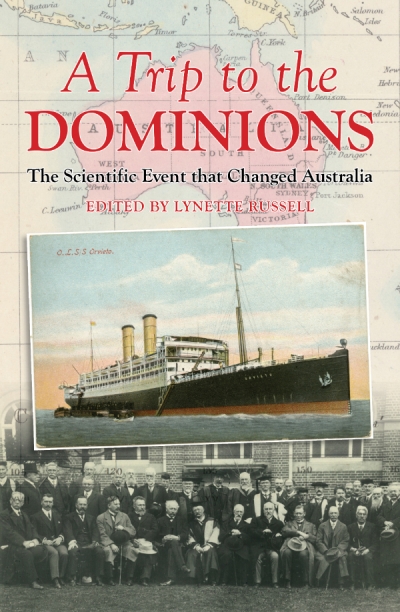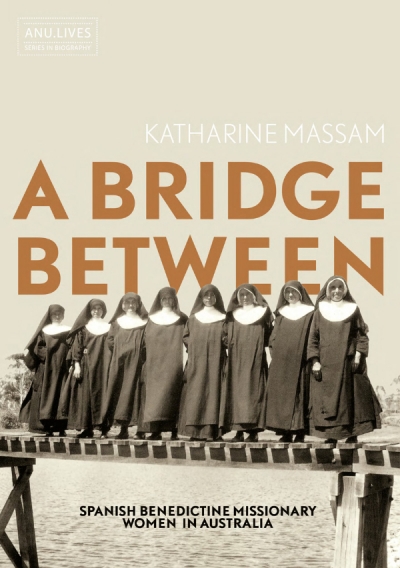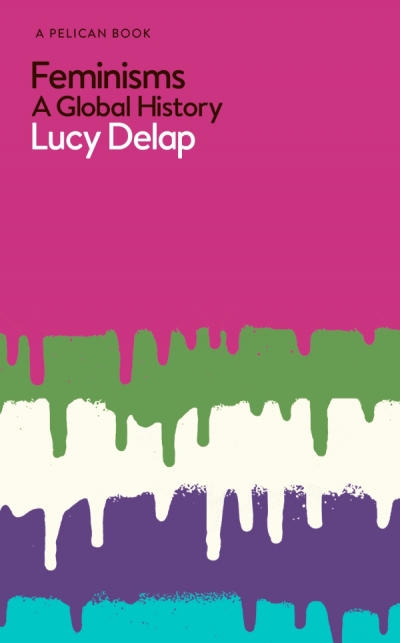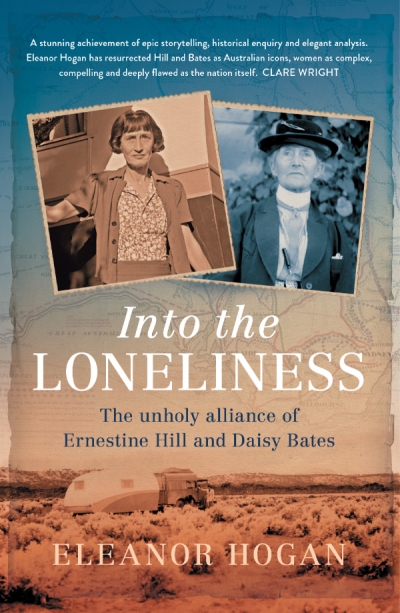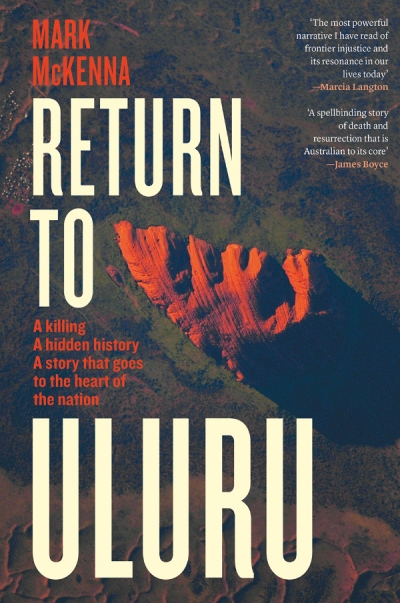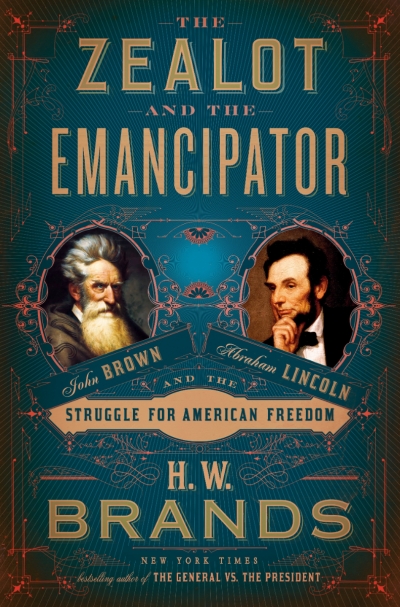History
A Trip to the Dominions: The scientific event that changed Australia edited by Lynette Russell
Founded in 1831, the British Association for the Advancement of Science (BAAS) sought to redress impediments to scientific progress that arose in the aftermath of the Napoleonic Wars, determining that the BAAS would ‘give a stronger impulse and more systematic direction to scientific inquiry … [and] promote the intercourse of cultivators of science’.
... (read more)Literary Lion Tamers: Book editors who made publishing history by Craig Munro
Craig Munro’s latest book shines a spotlight on the work of some very different Australian book editors. It begins in the 1890s, when A.G. Stephens came into prominence as literary editor of The Bulletin’s famous Red Page. It continues through the trials and tribulations of P.R. (‘Inky’) Stephensen in publishing and radical politics in the interwar period and his internment during the war for his association with the Australia First Movement. Literary Lion Tamers then moves on to Beatrice Davis’s long career as a professional book editor with Angus & Robertson after World War II. It concludes with Rosanne Fitzgibbon, with whom Munro developed fiction and poetry lists at the University of Queensland Press.
... (read more)A Bridge Between: Spanish Benedictine missionary women in Australia by Katharine Massam
What kinds of stories are possible now about a mission community at the height of the assimilation era? How might scholars narrate the lives of religious women who ran an institution for Indigenous children?
... (read more)Lucy Delap, Reader in Modern British and Gender History at the University of Cambridge, is a consummate historian and not one to privilege her own experience. Indeed, one of her chief aims in her innovative new global history of ‘feminisms’ – the plural is important, no matter how inelegant – is to bring to the fore feminists and other activists for women’s rights who are less well known, but hardly less significant, than the usual suspects. In this aim, and from the very first page, Delap succeeds admirably. Feminisms: A global history opens with an ‘incendiary letter’ published in 1886 in a local newspaper in the British-ruled Gold Coast (now Ghana), written by an anonymous author on behalf of ‘We Ladies of Africa’. At once a protest against the sexual violence of colonial incursion, and an assertion of cultural power and defiance, the letter also flags to a present-day audience that this history will not be the standard White Feminist narrative – and hooray for that.
... (read more)Into the Loneliness: The unholy alliance of Ernestine Hill and Daisy Bates by Eleanor Hogan
Into the Loneliness is the story of two Australian women, opposites in temperament, who eschewed the conventional roles expected of women of their eras, lived unconventional lives, and produced books that influenced the culture and imagination of twentieth-century Australia. The book focuses on their complicated friendship, and on Ernestine Hill’s role in assisting Daisy Bates to produce the manuscript that was published in 1938 as The Passing of the Aborigines, which became a bestseller in Australia and Britain. Hill, a successful and popular journalist, organised the anthropological material and ghost-wrote much of the book, for which Bates privately expressed her gratitude, while not acknowledging it publicly.
... (read more)Return to Uluru: A killing, a hidden history, a story that goes to the heart of the nation by Mark McKenna
The distinguished historian Mark McKenna has written an elegant and hungry book about the pull of Uluru, that place of mysterious significance to Australians, black and white. Of course, in recent times, the Uluru Statement from the Heart – the heart that had a stake driven through it the moment it was entrusted to the most powerful whites in Canberra – is a complicated domain of passion and polemic. McKenna’s work, pro-Aboriginal and postcolonial in spirit, is itself an addition to the long history of romancing Uluru, albeit with a focus on a hero who seems like an anti-hero by the time this book is done.
... (read more)Ravenna: Capital of empire, crucible of Europe by Judith Herrin
Edward Gibbon’s great narrative of the fall of Rome still troubles the imagination. We see parallels between Rome’s decline and the eclipse of Western powers today, our fears intensified by a global pandemic, a failure of internationalism, and an increasingly fragmented public sphere. Our values and territories, we are told, are under threat, principally from China and the Islamic world, agents of disruption in our Western order. For Gibbon, the fall of Rome heralded a ‘tedious and uniform tale of weakness and misery’ without even the intrigue of ‘memorable crimes’. Our future, then, is to be both bleak and boring.
... (read more)The Zealot and the Emancipator: John Brown, Abraham Lincoln and the struggle for American freedom by H.W. Brands
Lerone Bennett Jr, bestselling author of Black history, ruffled feathers with a 1968 article in the glossy monthly magazine Ebony. ‘Was Abe Lincoln a White Supremacist?’ the piece’s title asked provocatively. The title of Bennett’s later book on the topic proclaimed that Lincoln was Forced into Glory. Mainstream media either ignored or denigrated Bennett’s work, but his insights about Lincoln’s racism paved the way for a host of historical works that have revised our understanding of who should be credited with ending slavery in the United States.
... (read more)The Churchill Complex: The rise and fall of the special relationship by Ian Buruma
Because the United States was born in a revolution against Great Britain, the relationship between them, as the child decisively supplanted the parent, has remained key to world history for more than two centuries. Indeed, the ‘unspecialing’ of this relationship in recent decades, argues Ian Buruma, represents a psychological condition that British officials refuse to self-diagnose. He calls this the ‘Churchill complex’ – the persistent delusion, despite obvious evidence to the contrary, that US power requires British facilitation and approval. Winston Churchill began it; his successors have yet to escape it.
... (read more)Australian Universities: A history of common cause by Gwilym Croucher and James Waghorne
International education, we are told, is Australia’s third-largest export industry; in 2019 it was valued at more than $32 billion annually. But it is now also one of the hardest hit by the pandemic. The publication of Gwilym Croucher and James Waghorne’s history of Australia’s universities, one of the principal institutional drivers and beneficiaries of that industry, is thus timely, even if it went to press before Covid-19 was detected. Government policymakers and higher-education institutions alike will need to respond to the present crisis not only with fresh thinking but also with a clear understanding of how the university sector got itself into such a vulnerable position in the first place.
... (read more)

